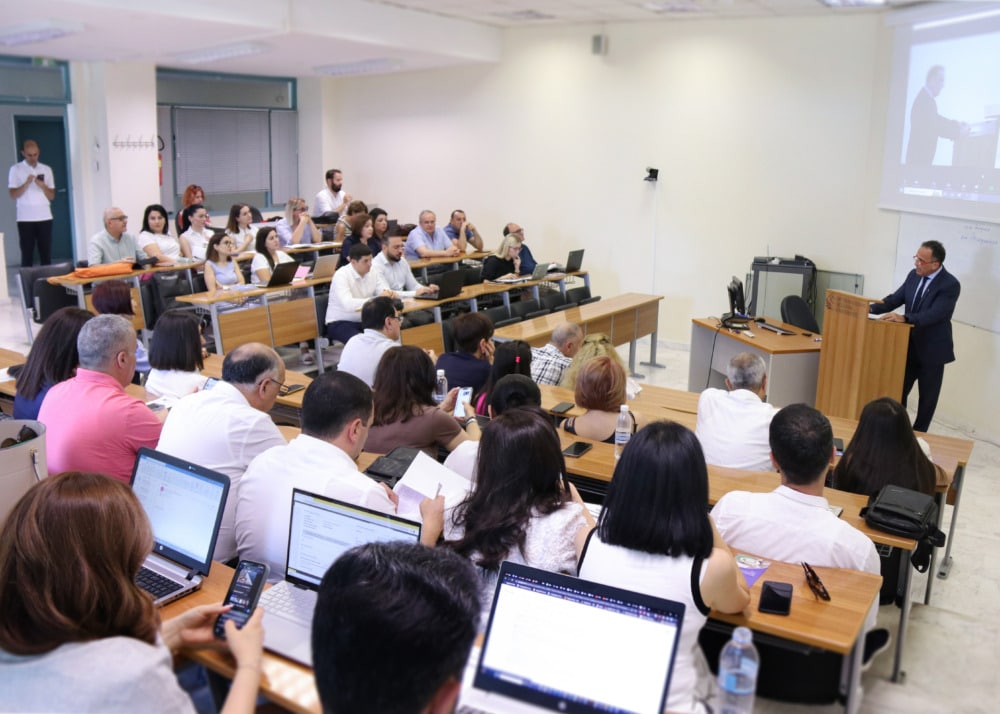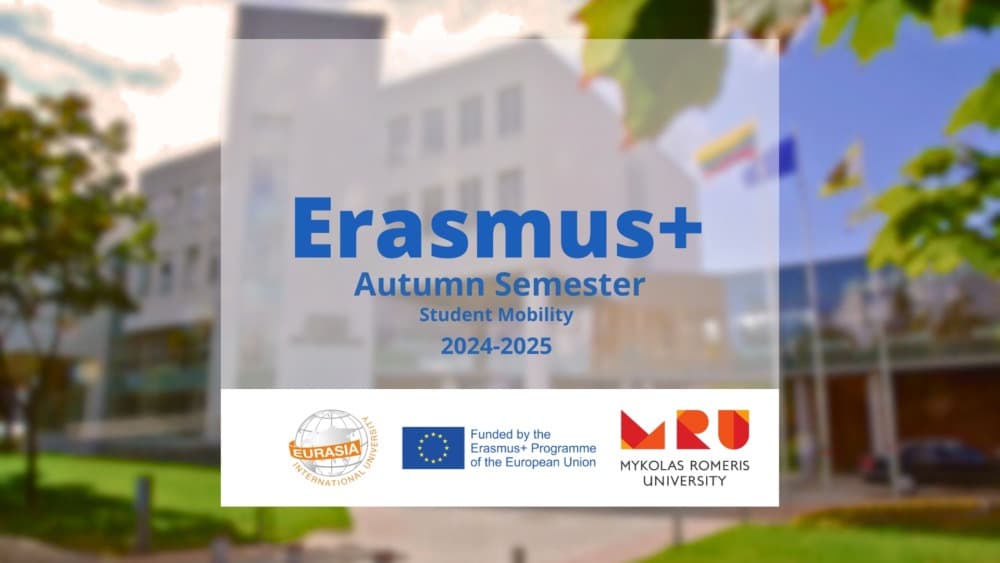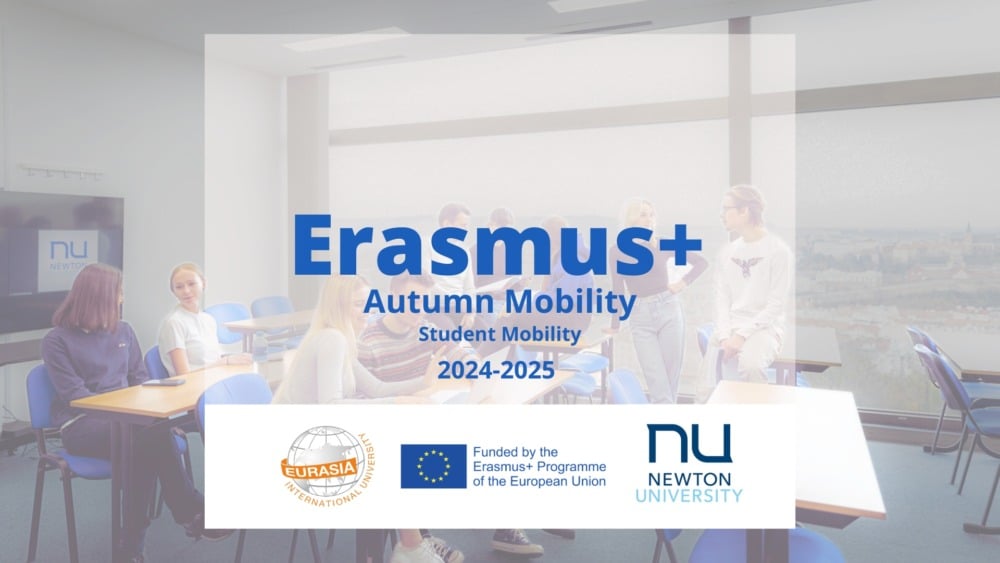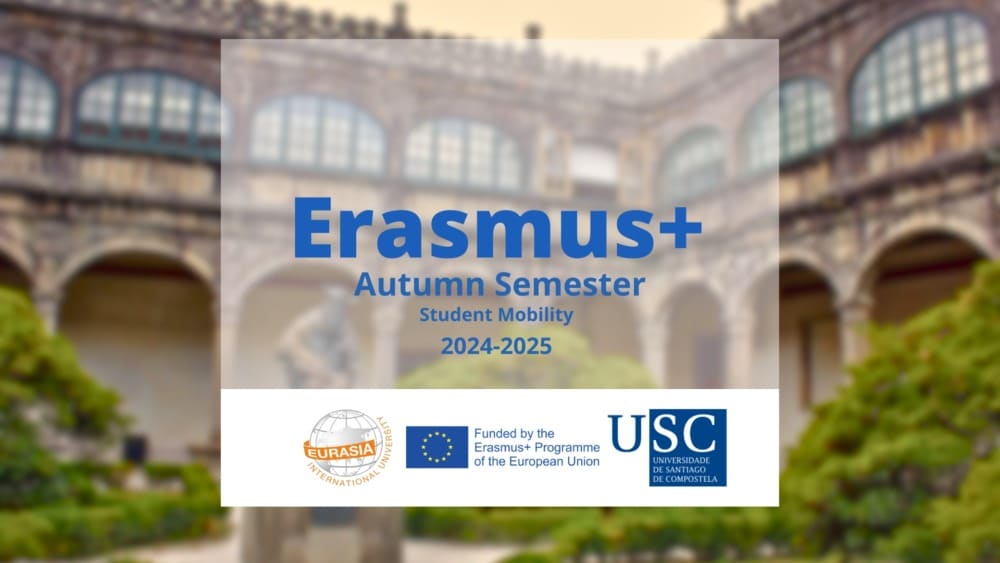The International Workshop of the T-green Project was held at the International Hellenic University in Greece
The International Hellenic University in Greece recently hosted the International Workshop of the Erasmus+ T-GREEN project titled “Transforming Graduate Education for Green and Sustainable Future.” The project is funded by the European Union.
Varazdat Hovhannisyan, Head of the Education Quality Assurance and Development Center at the National University of Architecture and Construction of Armenia and coordinator of the project, welcomed the participants during the opening ceremony. He presented the agenda of the international workshop and expressed gratitude to the host university for their efforts, willingness, and important role in the project.
Prof. Panagiotis Tzionas, the Vice-Rector for Academic Affairs of the International Hellenic University, also extended a warm welcome to the attendees. He emphasized the project’s relevance and the significance of the adopted ideas by the participating institutions for the academic community. Tatevik Gharibyan, Head of the strategic planning department of the Ministry of Education, Culture, Sports, and Science of the Republic of Armenia, highlighted the importance of cooperation between state educational institutions and European institutions within the project framework and its goals in her welcoming speech.
Arevik Ohanyan, Head of strategic projects at Eurasia International University and T-GREEN project co-coordinator, as well as an Erasmus+ Higher Education Reform Expert (HEREs) expert, presented the project’s chain of reforms and actions, vision, expected results, three-year action plan, and the joint master’s programs provided by T-GREEN.
During the conference, representatives from participating organizations had the opportunity to listen to numerous speeches about European partners’ educational programs, ongoing reforms, existing legal regulations, and quality control measures. They also shared their own experiences and, through group discussions, identified the problems and tasks that project participants should address jointly with universities and other institutions over the next three years.
The three-year project focuses on necessary reforms in post-baccalaureate education at universities, with a key emphasis on “Green” policies. Its implementation aims to facilitate the transition of universities from traditional educational programs to future-oriented, green, and interdisciplinary programs. It promotes student mobility and develops structures for the implementation of educational programs that grant joint qualifications.
The main objective of the project is to enhance the capacities of national and institutional administrative staff, decision-makers, policymakers, educators, researchers, and students. This will enable these stakeholders to integrate sustainable development goals and environmental issues into policies and educational content.


The Armenian participants in the project include the Ministry of Education, Science, Culture and Sports of the Republic of Armenia, the National Center for Quality Assurance, the National University of Architecture and Construction of Armenia (coordinator), Eurasia International University (co-author), Yerevan State University, the State University of Economics of Armenia, the French University of Armenia, National Polytechnic University, National Agrarian University of Armenia, Goris State University, Gavar State University, “Erasmus Student Network Yerevan,” and “Hope Bridge” NGOs.
The EU partners involved in the project are the International Hellenic University (Greece), Mikolas Romeris University (Lithuania), the Catholic University of Portugal (Portugal), and the Jagiellonian University of Krakow (Poland).


